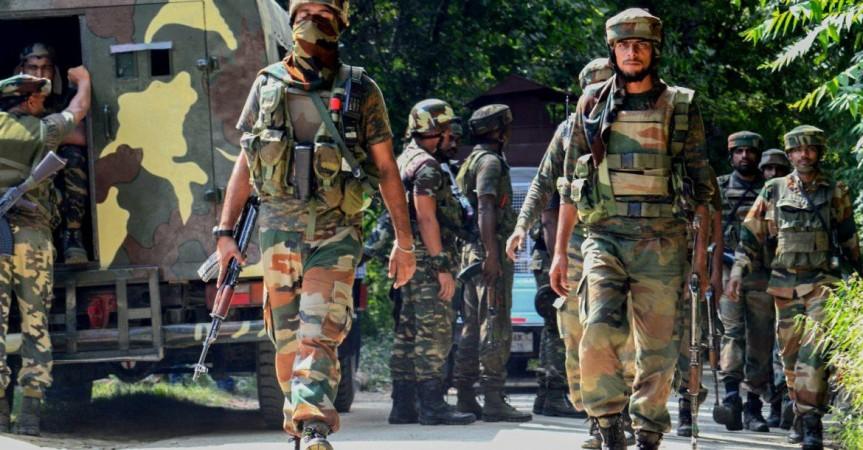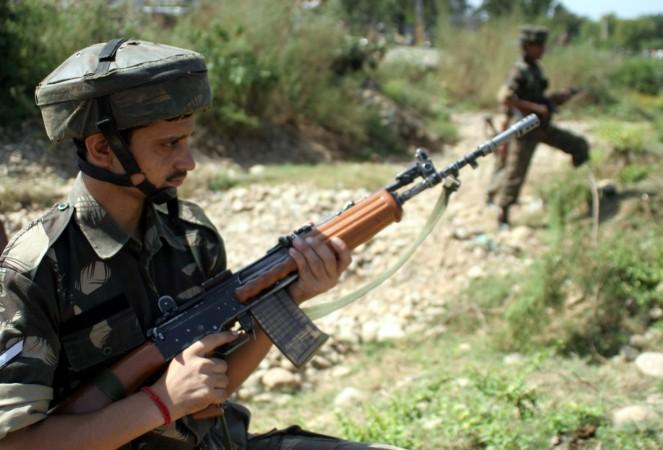In another step towards normalising the situation in Kashmir, the central government is learnt to have to work on a policy on surrender and rehabilitation policy for the valley's youth who have joined terrorist ranks. General Officer Commanding, 15 Corps, Lt Gen. B.S. Raju who is in charge of counter-insurgent operations in Jammu and Kashmir has said that the Army is working on a surrender and rehabilitation policy rather going for the kill. Generally, in such policies, the terrorists are asked to surrender their weapons and the authorities provide them with monthly stipends and money against the number of arms and ammunition they surrender.
As per a report in the Print, the file related to this issue has already been sent to Home and Defence ministry with a final call yet to be taken. "It gives us no pleasure to kill young boys who have picked up arms a month ago or a bit earlier. We will be doing more work on ensuring more surrenders take place," added Lt. Gen Raju. He further went on to say, "Just because you have held a gun, taken a picture, doesn't mean you have to die."

'Forces ordered not to use excessive forces'
The officer said that the forces conducting operations have been ordered not to use excessive forces. He said, "Whenever a local terrorist is involved, we offer them to surrender. We have the required capability to protect them later on." Lt. Gen Raju said that many of the surrendered youth have been sent outside the valley for studies at the expense of the government. Notably, in past, the government has made similar policies with the same objective but little progress has been made on the ground. In fact, this is one of the reasons why the government is mooting a new comprehensive policy.

How the policies in past turned out?
First such policy was introduced in 1995 under the Governor Gen. K V Krishna Rao. State and centre governments offered to ex-militants, a fixed deposit of Rs. 150,000, a monthly stipend of Rs. 1,800, and vocational training. Surrendered militants were trained to become a part of the Ikhwan Force, a pro-government militia, and were paid for their services. Over the course of the next 4 years, Ikhwan force was used in counterinsurgency campaigns by helping the forces identify wanted militants. However, they were soon started being targeted by militants organisations and this policy fell on its head. Successive policies were made in this regard in 2004, 2010 and 2019 with little success on the ground.









